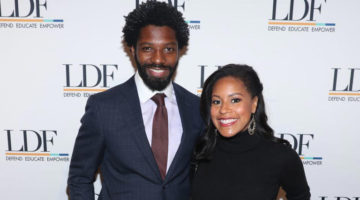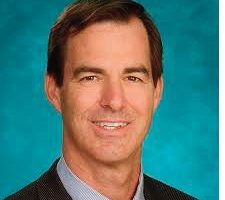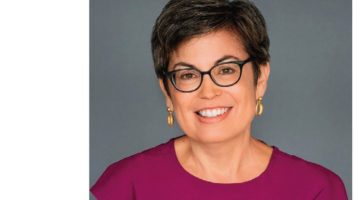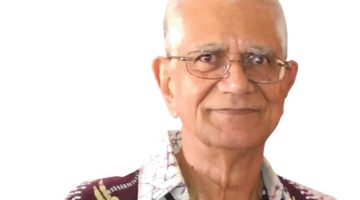 People power is organized from the bottom up. That is the long and often arduous road that has to be traveled in order to achieve political and economic equity.
People power is organized from the bottom up. That is the long and often arduous road that has to be traveled in order to achieve political and economic equity.
Tendencies toward smallness – to divide rather than multiply – typify failed attempts to gain power, especially in America’s inner cities.
Because leaders of varying associations and other groups ostensibly representing a whole neighborhood or community – whose actual membership include only a handful of friends and/or followers – fail to achieve inclusiveness, they tend to become divisive. Those who, for whatever reason, are left out, are either resentful and form another group (or church) or simply stand on the sidelines and scornfully dismiss the leadership and the group(s).
Loss of the multiplier effect is, perhaps, the greatest hindrance to the development of comprehensive black political and economic power, which carries the requisite weight that convinces heretofore outside groups (Native Americans, Hispanics, Jews, whites, etc.) to coalesce on issues of mutual importance.
Being single-issue orientated and crisis motivated, buttressed by a lack of staying power, also historically characterizes black people’s response to “the system.” And too many blacks in leadership positions milk isolated discrimination occurrences by calling “feel-good” meetings between authorities and “the community,” through which they garner a modicum of publicity and notoriety.
Yet long-term, multiple issues of systemic discrimination – the tackling of which involve research, organizing, meetings and mobilization on an on-going basis for a seemingly interminable period of time – are strenuously avoided by black politicos especially. The issues are even avoided by activists, most of whom are simply overwhelmed by the enormity of the task.
All of this is why powerful political and economic interests will alternatively place a so-called black issue either on the very front of an agenda or on the end, because the vast majority of the most often scant numbers of blacks who attend will come late and leave early. A dramatic change of mindset in black communities throughout
America is long past due. Hundreds have got to attend important meetings, not just the usual expected handful who illustrate that blacks are politically and economically inert; which we really are not.
Blacks just don’t have organizing down pat, yet. So, the question becomes: Did the black community get the message? President-elect Barack H. Obama dropped it for most of the last two years during his successful, new, textbook, presidential campaign. Obama preached organizing from the bottom up while doing it in all 50 states of our nation. No one can deny its success. No one can dispute it being the right thing to do. No one can argue against its power.
Top-down organizing maintains the status quo. That is, only those already politically and/or economically powerful, what I call the American oligarchy (power in the hands of a few), which is totally opposite of what democracy is supposed to be about, are the “elite,” and as such, are the only ones to have real power.
Bottom-up organizing, however, means door-to-door, person by person, street by street, neighborhood by neighborhood – you get the picture, right? It also means being persistent and consistent and having a correct and powerful message. And it means learning to expertly utilize all manner of mass communication – telephones,
Internet, posters, flyers, sound trucks, mass media and word of mouth, to name a few.
Sharing and believing in the power within the organizing whole brings about (or brings out) a deeper sense of self worth, maybe even an awakening of some sort, a connection with the spiritual – the inner self. And, some might say magically, but really cosmically, change comes about. And the messenger said, “Yes we can.” And we believe!
Al_Calloway@Verizon.net












No Comment